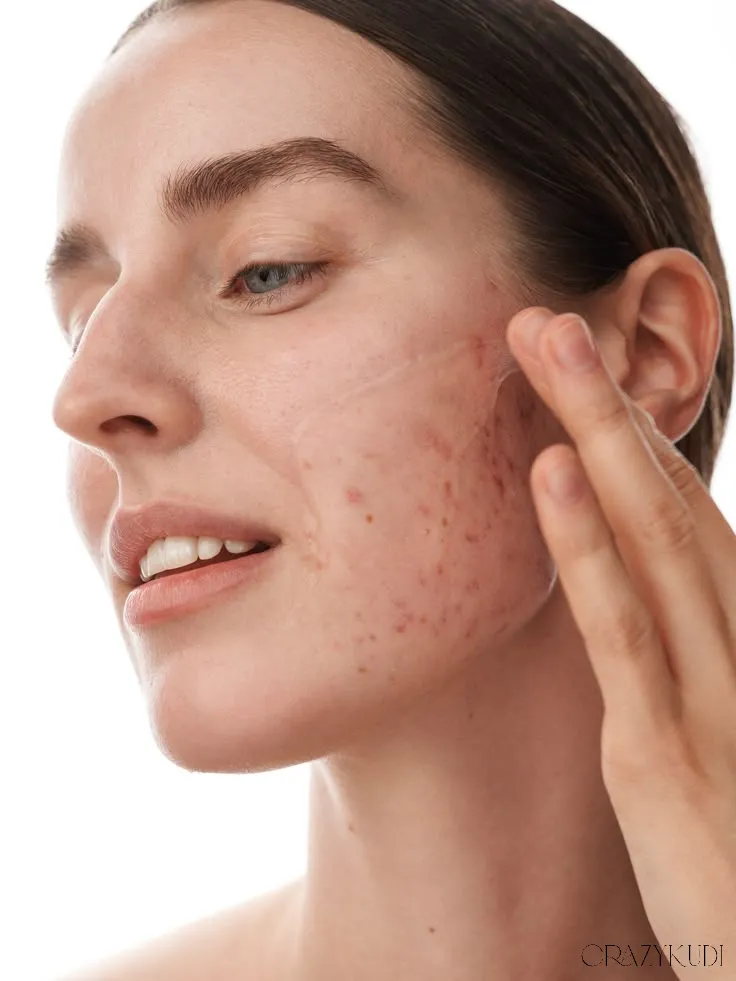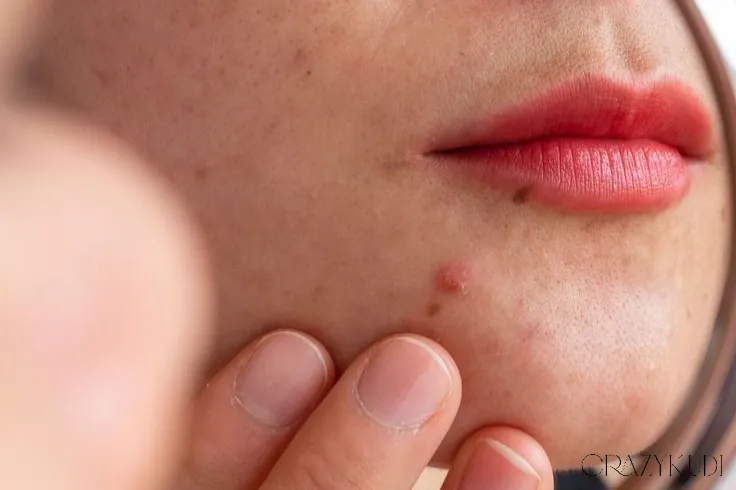Your skincare routine might be flawless, but if you’re constantly breaking out or battling oily skin, your diet could be the silent culprit. As a dermatologist, I often remind patients that what you eat reflects on your skin—sometimes quite literally in the form of breakouts, excessive oiliness, or dullness.
Let’s break down the top 5 foods scientifically linked to pimples and oily skin, and how you can tweak your diet for a healthier complexion.
1. Dairy Products – Especially Milk and Cheese
Milk and dairy-based foods like cheese, butter, and yogurt have long been associated with acne, especially in individuals prone to hormonal breakouts.
🧀 Why it’s problematic:
- Dairy contains hormones and bioactive molecules that may stimulate androgen production and increase sebum (oil) levels in the skin.
- It can also promote inflammation, worsening existing acne.
🥛 Better alternatives:
- Switch to plant-based milk like almond, oat, or soy (choose unsweetened versions).
- Limit dairy intake, especially during active breakouts.
2. High-Glycemic Foods (White Bread, Sugary Cereals, Pastries)
Foods with a high glycemic index (GI) cause rapid spikes in blood sugar, which leads to a surge in insulin. This hormone, in turn, increases oil production and can trigger inflammation—both major contributors to acne.
🍞 Glycemic culprits include:
- White bread
- Cakes, cookies
- Sugary breakfast cereals
- Instant noodles
- French fries
📉 Healthy swaps:
- Go for low-GI options like whole grains, quinoa, oats, and legumes that help stabilize blood sugar.
Also read: 10 Genius Dermatologist-Approved Tips to Treat Dry Skin Effectively
3. Sugary Beverages (Sodas, Sweetened Teas, Energy Drinks)
These drinks are packed with refined sugars, which can disrupt your body’s insulin balance, worsening oily skin and breakouts.
🥤 Why they hurt your skin:
- Excess sugar increases inflammation and oxidative stress in the skin.
- It affects collagen production and promotes bacterial growth, both linked to acne.
💧 Smarter choices:
- Stick to water, herbal teas, or infused water with lemon, cucumber, or mint.

4. Fast Food and Fried Foods
That tempting burger and fries combo may be convenient—but it’s a recipe for acne flare-ups. Fast food is often high in trans fats, saturated fats, and refined carbs.
🍟 Why it affects your skin:
- These foods raise levels of IGF-1 (Insulin-like Growth Factor), which encourages sebum production.
- They’re also often low in skin-supportive nutrients like zinc and vitamin A.
🍲 Upgrade your meals:
- Choose grilled over fried, and whole food options rich in fiber, healthy fats, and lean protein.
Also read: 6-Step Morning Skincare Routine Dermatologists Recommend for Healthy, Glowing Skin
5. Chocolate (Especially Milk Chocolate)
Chocolate is often blamed for acne, and while the evidence is mixed, milk chocolate in particular seems to be the culprit more than dark varieties.
🍫 The problem:
- Milk chocolate contains sugar and dairy—a double whammy for acne-prone skin.
- It may also stimulate immune responses that lead to inflammation in sebaceous glands.
🍫 What to do instead:
- Opt for dark chocolate (70% cacao or higher) in moderation.
- Choose chocolate with minimal added sugars.
Final Thoughts: Your Skin Reflects What You Eat
Skincare doesn’t stop at cleansers and serums—it starts in the kitchen. While diet alone may not be the sole cause of acne or oily skin, it plays a significant role in either aggravating or alleviating it.
If you're struggling with persistent breakouts or oiliness, try an elimination diet—cut out one potential trigger at a time and observe how your skin reacts over a few weeks.
And remember, balanced nutrition, hydration, and consistent skincare work best together. Always consult a dermatologist if your acne is severe or not improving despite changes in diet and lifestyle.

